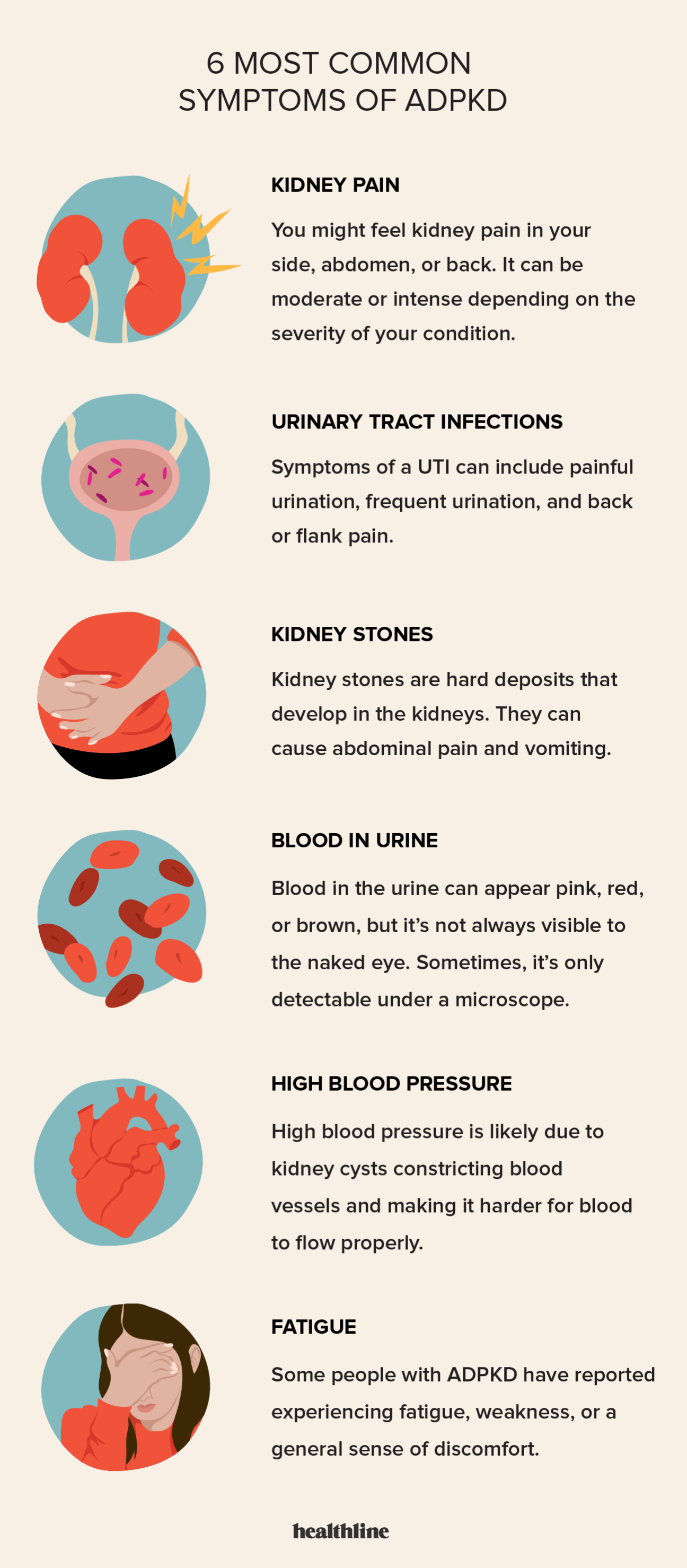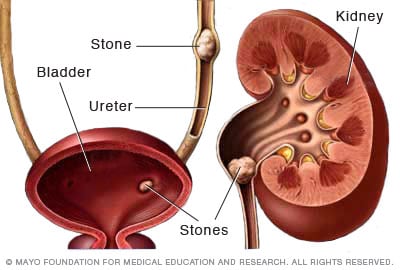How to Set Apart Between Kidney Stones vs UTI: Key Variables and Analysis Tips
How to Set Apart Between Kidney Stones vs UTI: Key Variables and Analysis Tips
Blog Article
Discovering the Symptoms and Causes of Kidney Stones in Contrast to Urinary System Tract Infections: A Thorough Overview
The exploration of kidney stones and urinary system system infections (UTIs) reveals a complex interaction of symptoms and underlying causes that require cautious exam. While both conditions can bring about hematuria, they present distinct medical functions and emerge from different etiological elements. Recognizing the subtleties of each problem is critical for effective diagnosis and administration. What are the crucial differences in their symptoms, and how might these educate therapy strategies? The solutions to these concerns may offer important understandings right into the avoidance and treatment of these usual urological issues.
Review of Kidney Stones
Kidney rocks, also understood as renal calculi, form when specific substances in the urine crystallize and accumulation, leading to the growth of tough deposits within the kidneys. These stones can differ in size, ranging from a grain of sand to a golf ball, and can be made up of various products, the most usual being calcium oxalate, uric acid, struvite, and cystine. The formation of kidney rocks is influenced by numerous elements, consisting of nutritional habits, liquid consumption, and genetic proneness.
Signs of kidney rocks may include extreme discomfort in the back or side, blood in the pee, queasiness, and constant urination, especially as the rock moves with the urinary system tract. Diagnosis usually entails imaging studies such as ultrasound or CT scans, along with urinalysis to identify the stone's structure.
Therapy options vary based upon the dimension and kind of stone, as well as the severity of signs (Kidney Stones vs UTI). Tiny stones may pass naturally with increased fluid intake, while bigger rocks might call for medical interventions such as lithotripsy or surgical elimination. Recognizing the pathophysiology and threat factors connected with kidney rocks is crucial for effective prevention and administration
Introduction of Urinary System System Infections
Urinary system infections (UTIs) are usual microbial infections that affect any kind of component of the urinary system, consisting of the kidneys, ureters, bladder, and urethra. They primarily occur when microorganisms, usually from the intestinal tract, get in the urinary system, leading to swelling and infection.
The prevalence of UTIs is especially higher in women than males, mostly due to physiological differences, such as a much shorter urethra. Danger elements consist of sexual activity, particular contraceptive techniques, urinary retention, and dehydration. The medical diagnosis of UTIs is typically validated with pee tests, which may disclose the existence of bacteria, leukocyte, or red blood cells.

Symptoms of Kidney Stones
The pain related to kidney rocks can show up in various methods, commonly leading people to look for clinical attention. One of the most common symptoms is severe pain, normally local in the reduced back or side, which may emit to the abdomen or groin. This discomfort, typically referred to as sharp or cramping, can take place all of a sudden and might vary in strength.
In addition, people might experience hematuria, or blood in the pee, which can vary from tiny amounts to visible read the full info here discoloration. This sign may be gone along with by modifications in urinary system routines, such as enhanced regularity or seriousness, as well as discomfort during peeing. Nausea and throwing up are additionally widespread, commonly resulting from the body's response to YOURURL.com intense discomfort.
In many cases, people may experience fever and chills, particularly if a second infection establishes because of the obstruction triggered by the rocks. In general, the mix of extreme pain, hematuria, altered urinary patterns, and gastrointestinal symptoms can provide considerable insight into the existence of kidney rocks, calling for punctual medical examination and treatment. Understanding these signs is important for prompt diagnosis and effective administration of the condition.
Signs of Urinary System Tract Infections
Infections within the urinary system typically provide a variety of unique signs that can considerably impact day-to-day live. The most common signs and symptoms consist of a persistent urge to pee, usually gone along with by a burning feeling during urination, referred to as dysuria. People might likewise experience boosted regularity of urination, generating percentages of pee each time.
Various other remarkable signs consist of cloudy or foul-smelling pee, which may show the existence of germs or pus. Sometimes, pee may show up red or pink as a result of the existence of blood, a condition recognized as hematuria. Additionally, people may experience pelvic discomfort or stress, which can even more exacerbate the feeling of seriousness.
Systemic signs and symptoms may additionally show up, such as high temperature, chills, and tiredness, specifically if the infection has actually risen to the kidneys. It is vital to acknowledge these symptoms early, as neglected urinary system system infections can bring about much more severe problems. Kidney Stones vs UTI. Motivate medical attention is advised when these signs find and symptoms are observed, allowing for proper diagnostic evaluation and treatment to ease discomfort and avoid further wellness concerns
Reasons For Each Problem
Frequently, kidney rocks and urinary system infections occur from distinctive yet often overlapping causes that can impact individuals in different ways. Dehydration, not enough fluid consumption, and high-sodium diets can worsen these conditions, promoting crystallization within the urinary system system.

Understanding these unique causes is vital for avoidance and therapy. Kidney Stones vs UTI. While way of life adjustments might reduce the threat of kidney stones, ideal hygiene and punctual treatment of urinary system tract infections are essential for lowering their recurrence and linked problems
Conclusion
In recap, kidney stones and urinary system infections present distinct signs and symptoms and underlying causes. Kidney rocks are defined by severe pain and metabolic factors, while urinary system system infections primarily entail bacterial infections causing urinary urgency and pain. Both conditions can result in hematuria, their development mechanisms differ considerably. Recognizing these differences is crucial for effective diagnosis and therapy, inevitably enhancing client end results for those influenced by either condition.
The exploration of kidney rocks and urinary system tract infections (UTIs) reveals a complex interaction of signs and symptoms and underlying causes that call for careful evaluation.Urinary system tract infections (UTIs) are typical bacterial infections that influence any kind of part of the urinary system, consisting of the kidneys, ureters, bladder, and urethra.Often, kidney stones and urinary system system infections emerge from unique yet sometimes overlapping causes that can affect people in a different way.In recap, kidney rocks and urinary system infections present unique symptoms and underlying causes. Kidney stones are identified by extreme discomfort and metabolic elements, while urinary system system infections primarily include bacterial infections leading to urinary urgency and pain.
Report this page